Arabic and English in Parallel
Quran with parallel English translation. Clear Arabic. Modern English. Easy to read. Arabic text is sharp, beautiful, and easy to follow. English translation is simple, easy to understand, and faithful to the Arabic. Ayas are written individually, for convenient learning. Arabic and English are in parallel, for continuous reading. The Quran is the word of God, revealed to humanity, though the Messenger Muhammad. The Quran is the direct speech of God, to the reader. The Quran contains guidance, mercy, and healing. It is the eternal truth, the everlasting miracle. The Quran is beyond doubt from the Lord of the Universe. God is the Creator of the Heavens and Earth. He is the Supreme, the Almighty, the Wise. God was never begotten, nor does He ever beget others. He is the Lord of the Worlds, the Most High, the Forgiving. Out of his Mercy, he communicated with humanity, and informed humanity about His existence. The Quran is the last Book from God, revealed in the Arabic language. The translation is in contemporary English. It uses today’s English language, and today’s English vocabulary; more importantly, it is very accurate. The translation closely follows the Arabic text. Punctuation is the same. The meaning is the same. The reader can read a verse in Arabic, then the translation; learn the verse, and understand the meaning. This book is perhaps the ultimate Quran learning tool. The Quran is a blessing, within easy reach.
The meaning is the same. The reader can read a verse in Arabic, then the translation; learn the verse, and understand the meaning. This book is perhaps the ultimate Quran learning tool. The Quran is a blessing, within easy reach.




